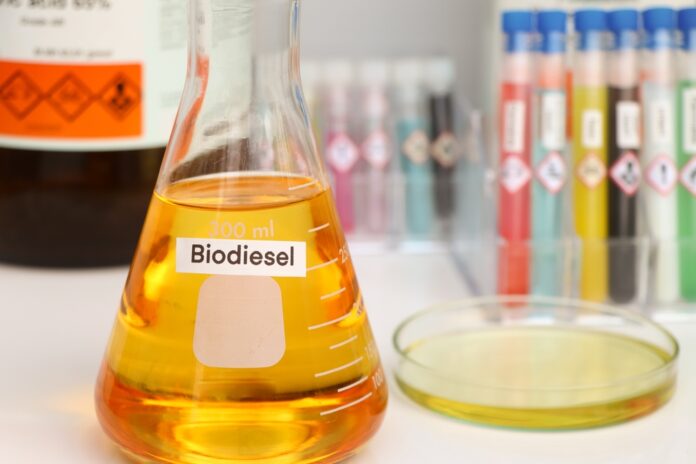There has never been a more perfect time than now for government to adopt a stronger coconut biodiesel blend when its price is affordable even as diesel prices rise, the United Coconut Association of the Philippines (UCAP) said on Wednesday.
The advocates said recalibrating the blend to 5 percent or B5 instead of only 2 percent or B2 is “perfect time” for government to consider given its price is lower than that of diesel.
Dean Lao Jr., UCAP chairman, told reporters covering the third World Coconut Congress in Pasay City that the National Biofuels Board needs to decide on adopting a new biodiesel blend as its price now ranges from P55 to P60 per liter compared to diesel which ranges from P60 to P70 per liter.
As of 22 August 22, the price of regular diesel ranges from P58.99 to P69.24 per liter while premium diesel sells for P65.80 per liter.
Diesel prices have thus far adjusted by a total P13.20 per liter after eight rounds of price hikes.
Lao noted raising the blend to B5 will require the supply of 280 million liters of biodiesel that the industry can readily supply.
“In fact, we currently have enough for B12 or B15. We have that much coconut oil,” Lao said.
The UCAP also said a higher biodiesel blend will result greater foreign exchange savings on top of gains in mileage and its positive impact on the environment, based on-road tests conducted by the University of the Philippines National Center for Transportation Studies (UP-PNCTS) in collaboration with the Department of Energy (DOE) and the Philippine Coconut Authority (PCA).
Since the enactment of the Biofuels Act of 2006 when the blending of 1 percent coco methyl ester in local diesel products started, it was only increased to B2 in 2007 and remained unchanged to date.
Under the Philippine Energy Plan, biodiesel should already contain at least 5 percent CME blend by 2020.
UCAP also said the push for a B5 blend will help coconut farmers.







